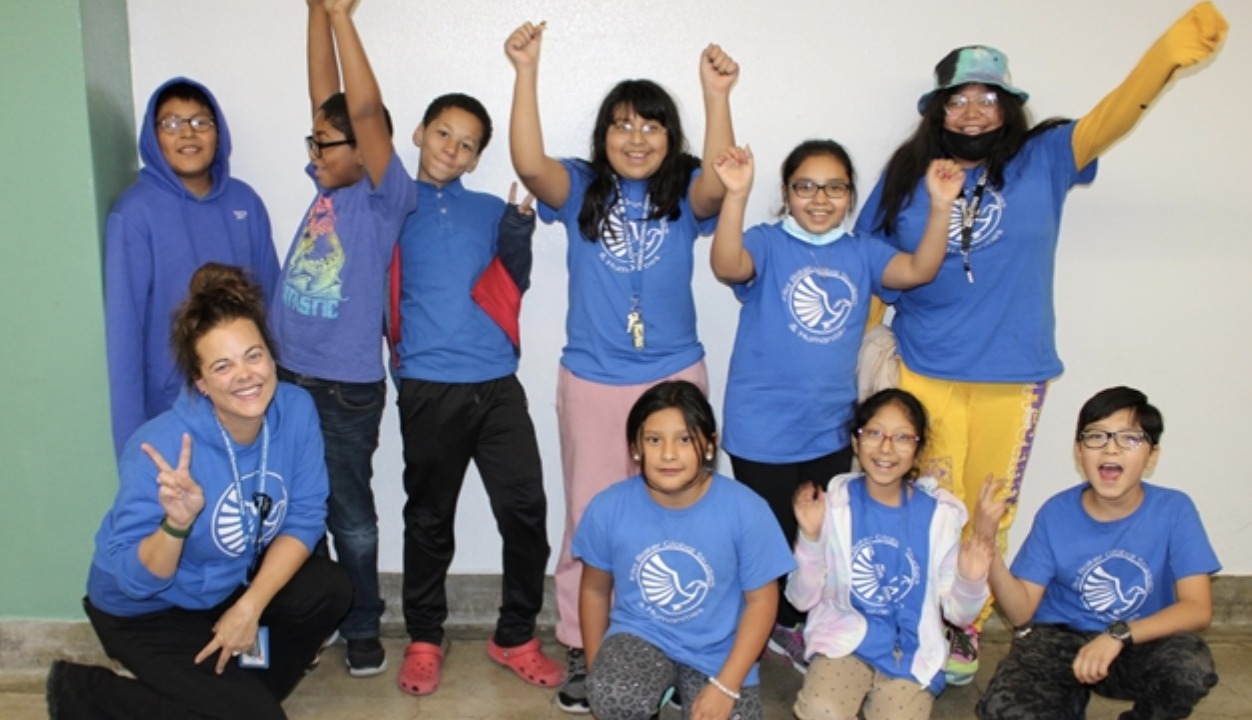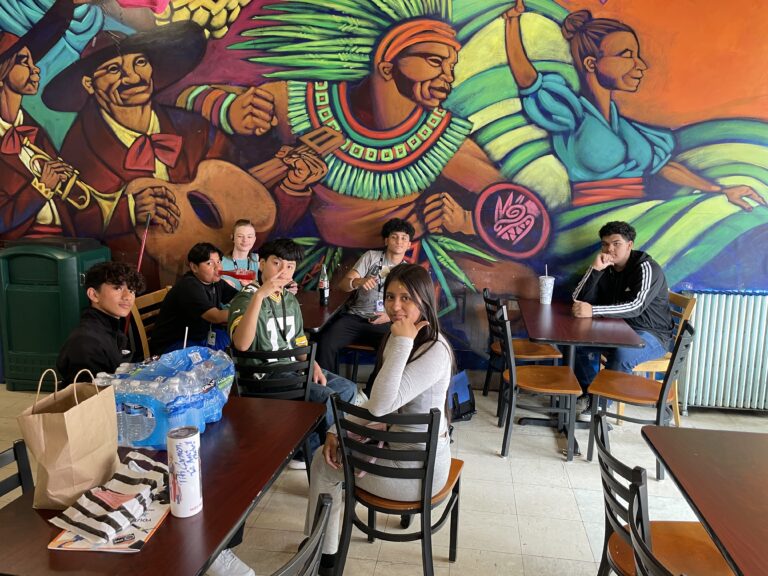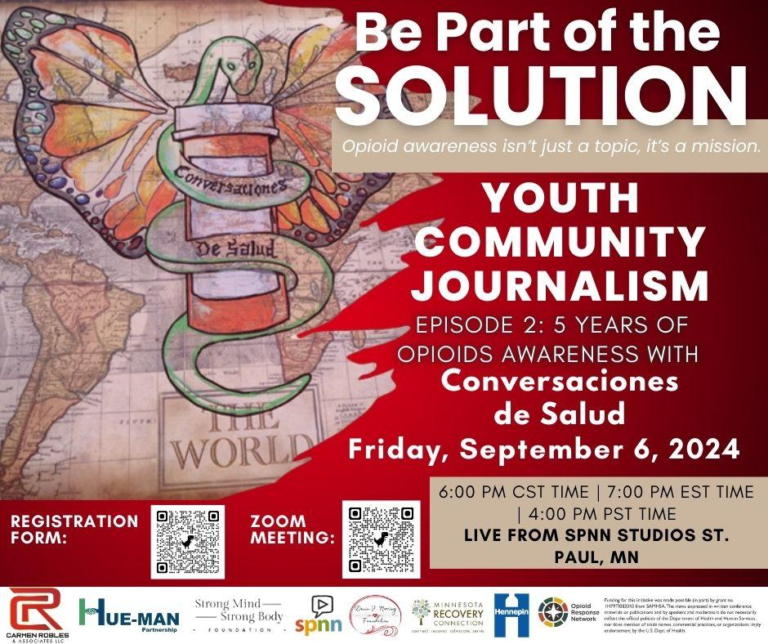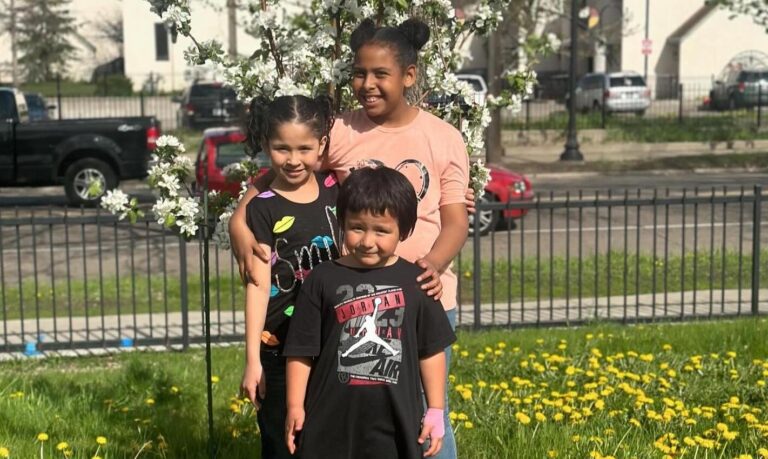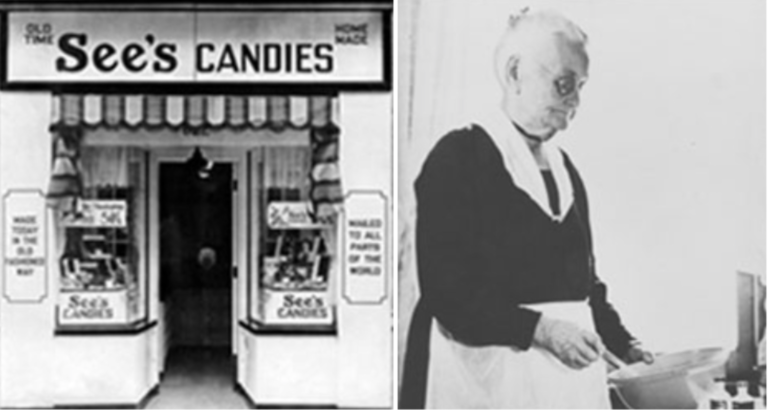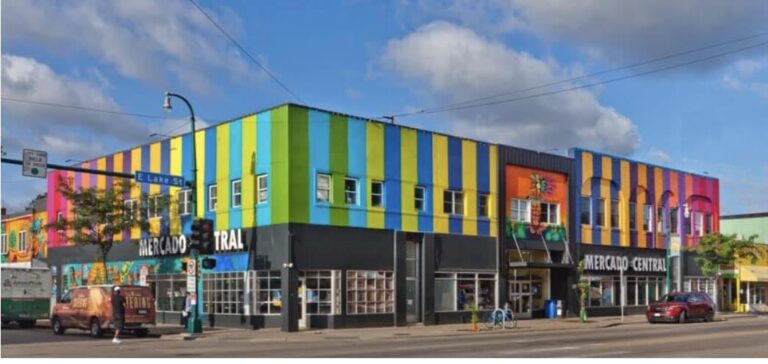Everyone Deserves a Good Education
We need to give all students an opportunity to succeed.
Youth need more positive opportunities than ever. The opportunity gap is increasing, especially in public schools and marginalized communities across the United States. While some youth are thriving, many others are being left behind.
Three years after schools were closed because of the pandemic, many educators in public schools say they are still struggling to teach kids skills they lost out on during remote learning while managing a surge in post-pandemic misbehavior. Students are misbehaving more now than they did before the pandemic in 2019. The pandemic has also affected students’ motivation and morale. It’s more difficult to inspire some students to do their best in school, and many of them have an unhopeful outlook about the future.
This troubling reality is a problem confronting many educators, parents and students. It means recovering from the pandemic could be more costly, time-consuming and difficult than anticipated, leaving a generation of young people struggling to catch up. This is a national problem affecting cities around the U.S. Minneapolis is one of those cities.
Some young people today in Minneapolis have a pessimistic view of the world or their futures after a tough few years. Poor mental health has skyrocketed and created a generation that expects negative outcomes and sees many problems as unsolvable.
Some schools are working to change this distorted reality. One of those schools is Ella Baker Global Studies and Humanities Magnet School in Uptown. Ella Baker (formerly known as Jefferson School) is a vibrant PK-8 school community with a student population of around 700.
Students come from all areas of Minneapolis. Ella Baker demographics are 41 percent African American, 36 percent Hispanic, 11 percent white, 3 percent Asian, 3 percent American Indian, and 5 percent two or more races. Students represent many different countries and are 66 percent ESL (English as second language), 15 percent special education, and 70 percent free/reduced lunch “educational benefits.”
Ella Baker was an influential and respected human and civil rights activist who believed in the power of youth to strengthen their communities and shape their future. That is the philosophy at Ella Baker School. They encourage students to be problem solvers and creative thinkers through a global lens and support students with real, tangible skills they can use to become active and thriving members of the community.
As a magnet school within Minneapolis Public Schools, the focus of Ella Baker is on global competency and humanities. With their global competencies, they want to ensure students can solve problems, collaborate, think critically, and empathize with others. Ella Baker is focused on creating changemakers. They want students to “Think Global, Act Local” by identifying problems and actively seeking solutions in our local communities.
Ella Baker became a magnet school during the 2021-22 school year and has established a school culture that is warm and welcoming, valuing all of the students and their families. They have a diverse global community at Ella Baker. But like many public schools, they still can use more help.
I have written about Ella Baker before, and I am thinking about them again. We will start our community solutions with youth program with students from Ella Baker at the end of July. In September, we will start a youth journalism program at Ella Baker as part of our community solutions program.
I am leading this work with Strong Mind Strong Body Foundation, a youth development organization where I am the board chair. Our mission and purpose is to close the opportunity gap and give everyone a chance to succeed. We empower youth and families in historically under-recognized communities to be solution-minded and develop a problem-solving mindset. We are reinventing how we solve problems by creating a fair environment that provides more opportunities for all.
Closing the opportunity gap starts with reducing educational inequality and has many benefits. Allowing children from disadvantaged backgrounds to get an education can help them find good jobs with higher salaries, improve their quality of life, and make them more productive members of society. It decreases the likelihood of community violence and increases access to health care, stable economic growth, and unlimited opportunities.
Education is the foundation of success. We need to rethink how kids learn, how we teach, and how we solve problems. We need to make sure we’re preparing all students to thrive.
Educational equality is how we resolve the root causes of systemic injustices and create more opportunities for youth and families. Too often youth are seen as a threat, problem or “at-risk” rather than as people with talents and knowledge that can be resources to build a stronger society. Youth can make our world better if given the opportunity. We want to give them that opportunity.
This article was originally published in the Southwest Connector, a local newspaper in Minneapolis.
